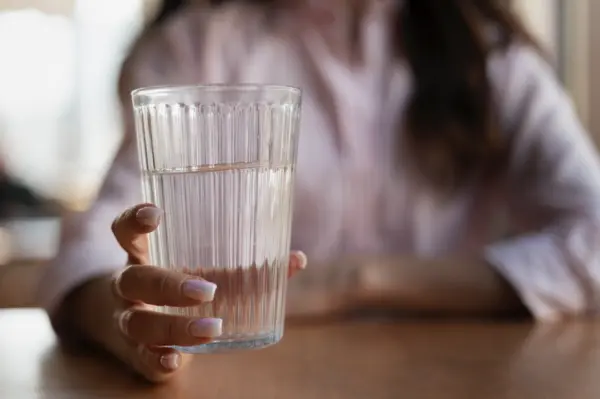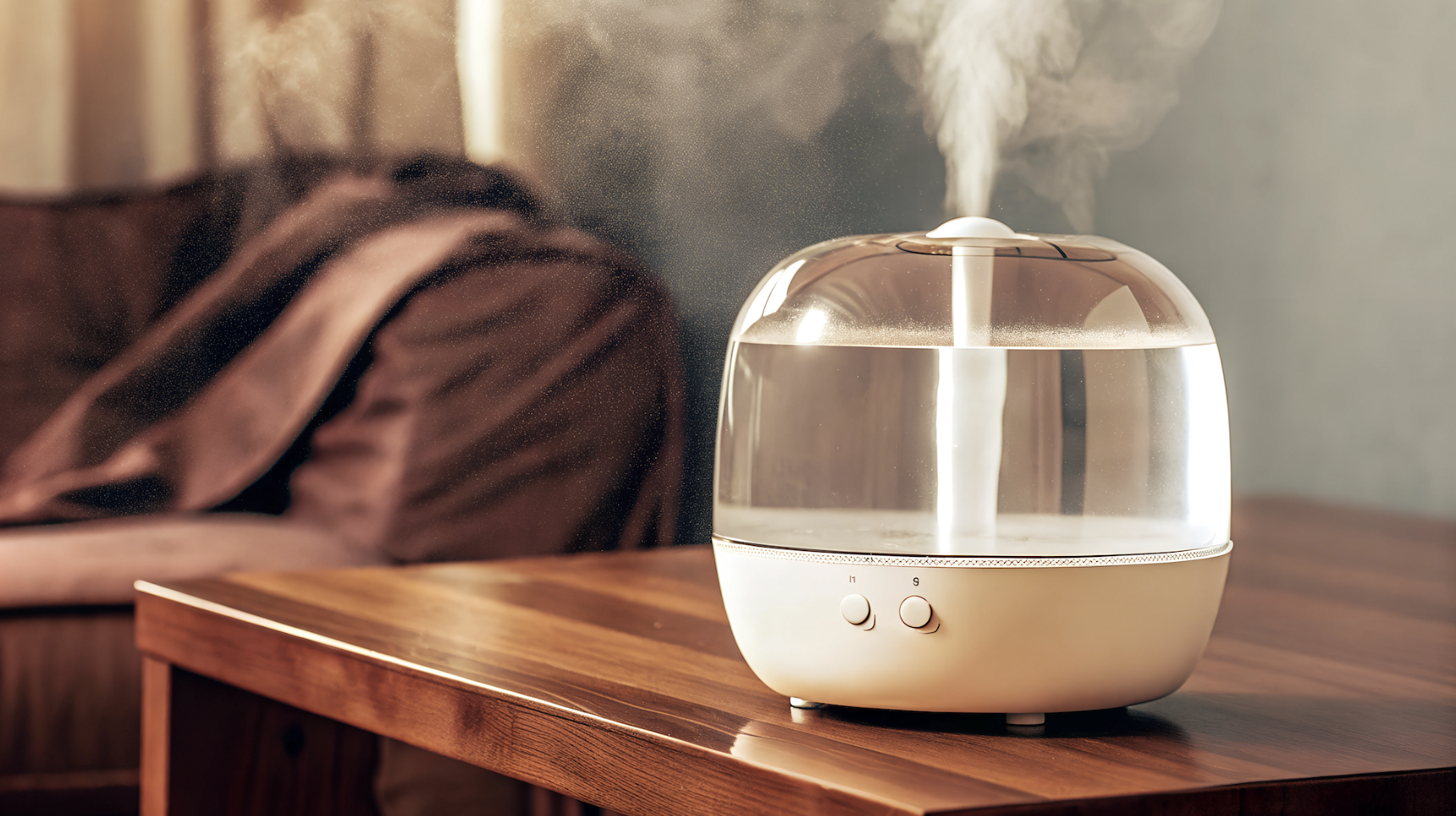The Role of Stomach Acid in Healthy Digestion
Your stomach acid, or hydrochloric acid (HCl), plays a crucial role in:\
-
Breaking down protein into amino acids
-
Activating digestive enzymes like pepsin
-
Releasing minerals like iron, zinc, and magnesium for absorption
-
Triggering bile and pancreatic enzymes downstream
When you dilute this acid with too much fluid, your digestion slows. That can leave you feeling bloated, undernourished, fatigued, and hungry soon after eating.
Best Hydration Timing for Digestion
Proper hydration matters—but timing is everything. To support strong stomach acid and better digestion:
-
Avoid drinking large quantities of liquid during meals
-
Stop drinking ~30 minutes before eating
-
Wait ~90 minutes after eating before resuming hydration
This gives your stomach the acidic environment it needs to break down food efficiently.
What Happens When Stomach Acid Is Diluted?
Too much liquid with meals may:
-
Weaken enzyme activity
-
Lead to fermentation of undigested food in the gut
-
Cause gas, bloating, fatigue, and dysbiosis
-
Increase inflammation and gut permeability (a.k.a. “leaky gut”)
-
Impair nutrient absorption
In short: weak stomach acid = weak digestion.
The Worst Drinks for Digestion: What to Avoid During Meals
1. Plain Water
-
Problem: Strongly dilutes stomach acid (especially in large amounts)
-
Tip: Sip 30+ minutes before or 90+ minutes after eating. If you must drink, add lemon to stimulate acid production.
2. Cold or Iced Beverages
-
Problem: Constricts blood vessels in the stomach, slowing digestion
-
Tip: Choose room temperature or warm drinks to support enzyme function.
3. Soda and Sugary Carbonated Drinks
-
Problem: Sugar and carbonation increase bloating and decrease HCl
-
Tip: Skip soda, especially during meals.
4. Alcohol
-
Problem: Initially stimulating, but ultimately disrupts acid and mucus balance
-
Tip: If you choose to drink alcohol, separate it from meals and limit intake to protect digestion.
5. Conventional Pasteurized Milk
-
Problem: Alkaline pH and denatured proteins can blunt stomach acid
-
Tip: Raw milk or probiotic-rich kefir are better options, and best in small amounts.
Drinks That Might Be Okay (in Moderation)
These drinks don’t directly support digestion, but may be tolerated in small amounts.
6. Fruit Juice (100% Organic Only)
-
Problem: High sugar content and volume dilute acid
-
Tip: Dilute with water and drink sparingly, away from meals. Favor pomegranate or grapefruit juice.
7. Coffee and Tea
-
Problem: Can stimulate digestion in small amounts, but dilute acid if overused
-
Tip: Keep portions small, and drink away from protein-heavy meals.
8. Smoothies
-
Problem: Can be heavy, cold, or sugar-laden
-
Tip: Enjoy as a standalone mini-meal or snack. Add ginger, lemon, or fermented foods like yogurt and kefir to support digestion. Add vegetables like cucumber, celery, carrots, spinach, kale, beets, or beet greens.
9. Nut Milks (Almond, Cashew, Coconut)
-
Problem: Alkaline and may mildly dilute acid
-
Tip: Use in small amounts and avoid drinking large quantities with meals.
10. “Healthy Sodas” (Olipop, Poppi)
-
Problem: Still carbonated, may contain sweeteners
-
Tip: Limit to 1 serving per day, ideally away from meals. Bonus if it contains apple cider vinegar or prebiotics.
11. Raw Milk
-
Benefit: Contains enzymes that support digestion
-
Tip: Use in small amounts and avoid drinking large quantities with meals.
What to Drink to Boost Stomach Acid and Improve Digestion
Instead of suppressing your digestive fire, try these pre-meal beverages to activate your gut and improve nutrient breakdown.
1. Lemon Water (15–20 min before meals)
-
Boosts acidity naturally. Aim for 8–12 oz.
2. Apple Cider Vinegar (ACV)
-
Enhances stomach acid production. Mix 1–2 tbsp in 4–8 oz water.
3. Ginger Tea
-
Stimulates enzymes and reduces inflammation. Ideal before or between meals.
4. Digestive Bitters
-
Activate stomach acid and bile. Take 10–20 drops in water 10–15 min before meals.
5. Celery Juice
-
Naturally increases stomach acid and supports microbiome. Drink 8–16 oz on an empty stomach.
6. Herbal Teas
-
Peppermint, ginger, fennel, chamomile, or licorice root help soothe and support digestion. Best before or between meals.
7. Water Kefir
-
Lightly fermented and probiotic-rich. Drink 4–8 oz between meals.
8. Milk Kefir
-
Powerful probiotic support. Drink 4–8 oz before or between meals.
9. Kombucha
-
Contains organic acids that support HCl production. Enjoy up to 8 oz between meals.
Key Takeaways for Gut Health and Digestion
-
Drinking large amounts of liquid during meals weakens stomach acid and disrupts digestion.
-
Focus on pre-meal and between-meal hydration to maintain energy and nutrient absorption.
-
Prioritize water over all other drinks.
-
Choose drinks that support stomach acid, like ACV, lemon water, or bitters.
-
Avoid bloating and fatigue by rethinking your hydration habits.
Want More Personalized Gut Health Tips?
At Resolve Medical, we specialize in optimizing digestion, gut health, and energy using a functional medicine approach. If you’re struggling with bloating, fatigue, or poor nutrient absorption, we’ll help uncover and address the root causes.



